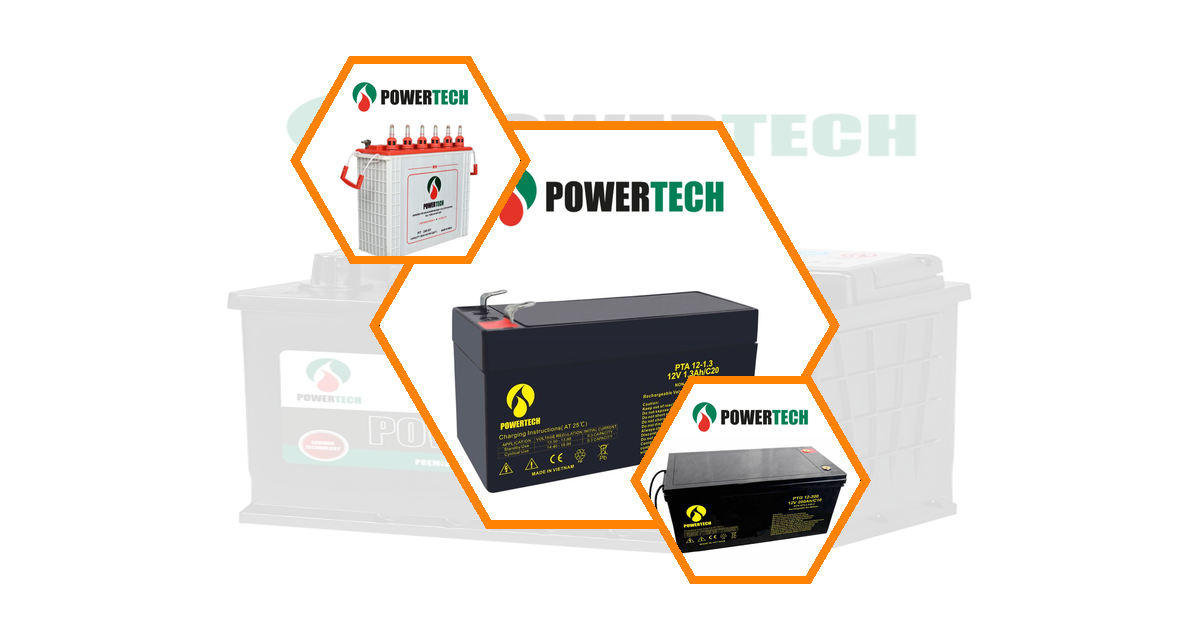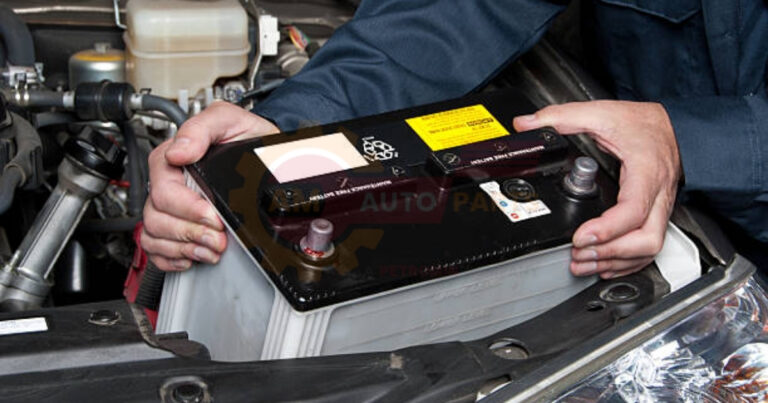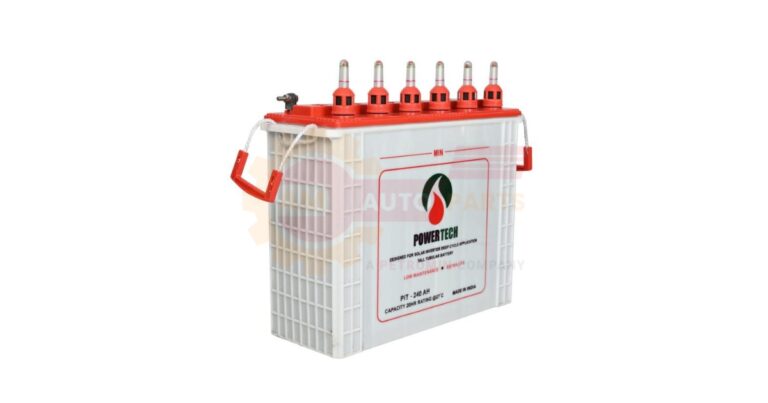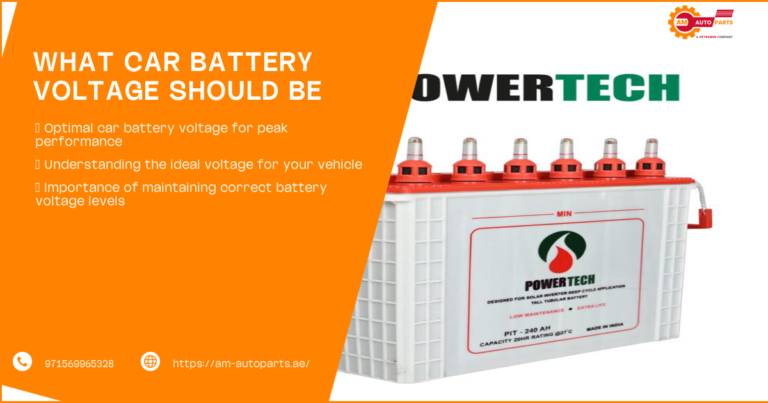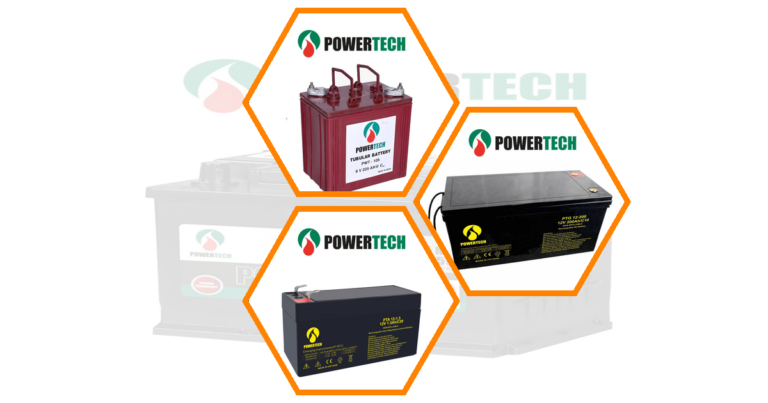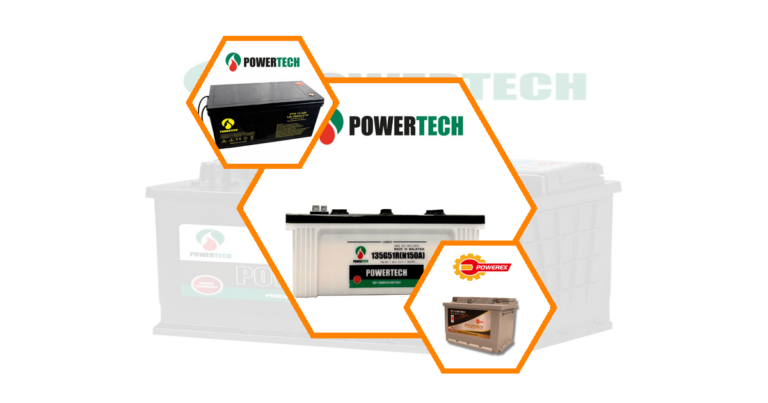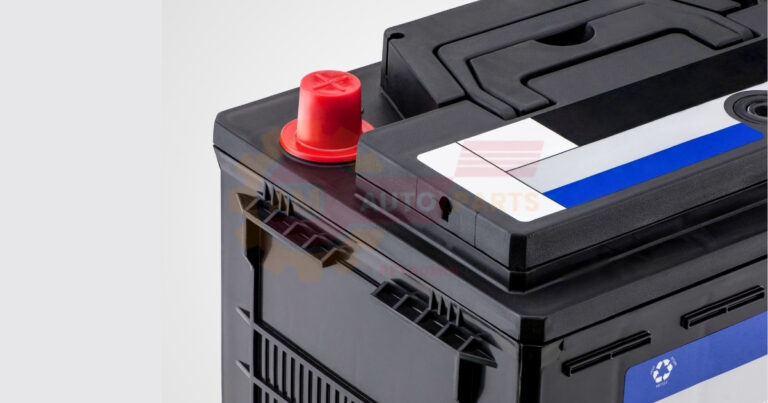Marine batteries are the lifeblood of any vessel, powering everything from navigation systems to essential onboard electronics. Ensuring their reliability is crucial for a safe and enjoyable maritime experience. This comprehensive guide will delve into the intricacies of marine battery failure, corrosion prevention, and battery longevity, providing valuable insights for boat owners and enthusiasts.
Deep Cycle Marine Batteries
Types of Marine Batteries
Marine batteries come in various types, each designed for specific applications. The most common types include flooded lead-acid, AGM (Absorbent Glass Mat), and gel batteries. Flooded lead-acid batteries are traditional and cost-effective but require regular maintenance. AGM batteries are sealed, maintenance-free, and offer better resistance to vibration. Gel batteries, on the other hand, are ideal for deep cycling and have a longer lifespan.
- Flooded Lead-Acid : Cost-effective, requires maintenance.
- AGM : Maintenance-free, vibration-resistant.
- Gel : Long lifespan, ideal for deep cycling.
Key Components and Functions
Understanding the components of marine batteries is essential for proper maintenance. Key components include the battery case, terminals, electrolyte, and plates. The case protects the internal components, while the terminals connect the battery to the boat’s electrical system. The electrolyte facilitates the chemical reaction that generates power, and the plates store and release energy.
- Battery Case : Protects internal components.
- Terminals : Connects to the electrical system.
- Electrolyte : Facilitates chemical reactions.
- Plates : Store and release energy.
Signs of Marine Battery Failure
Slow Cranking When Starting
One of the first signs of battery failure is slow cranking when starting the engine. This indicates that the battery is struggling to provide the necessary power. It could be due to a low charge or internal damage.
Dimming Lights and Electronics
Dimming lights and malfunctioning electronics are clear indicators of a failing battery. This happens when the battery cannot supply consistent power, affecting the performance of onboard systems.
Frequent Jump Starts
If you find yourself frequently jump-starting your boat, it’s a sign that the battery is not holding a charge. This could be due to sulfation or other internal issues.
Visible Damage or Corrosion
Visible damage or corrosion on the battery terminals can lead to poor connectivity and reduced performance. Regular inspection can help identify these issues early.
- Slow Cranking : Indicates low charge or damage.
- Dimming Lights : Inconsistent power supply.
- Frequent Jump Starts : Battery not holding charge.
- Visible Damage : Poor connectivity and performance.
Corrosion Prevention Techniques for Marine Batteries
Regular Inspection and Cleaning
Regular inspection and cleaning of battery terminals can prevent corrosion. Use a mixture of baking soda and water to clean the terminals and ensure a good connection.
Proper Battery Installation
Proper installation is crucial to prevent corrosion. Ensure that the battery is securely mounted and that the terminals are tight and clean.
Using Corrosion-Resistant Materials
Using corrosion-resistant materials, such as terminal protectors and anti-corrosion sprays, can significantly reduce the risk of corrosion.
- Inspection and Cleaning : Prevents corrosion.
- Proper Installation : Ensures secure mounting.
- Corrosion-Resistant Materials : Reduces risk.
Maximizing Marine Battery Longevity
Charging Best Practices
Proper charging is essential for battery longevity. Use a marine-specific charger and avoid overcharging, which can damage the battery.
Proper Storage Tips
Store batteries in a cool, dry place when not in use. Disconnect them from the boat’s electrical system to prevent discharge.
Optimal Discharge Levels
Avoid deep discharges, as they can shorten the battery’s lifespan. Aim to keep the battery charge above 50% whenever possible.
- Charging : Use marine-specific chargers.
- Storage : Cool, dry place.
- Discharge Levels : Keep above 50%.
How often should I replace my marine battery?
Marine batteries typically last between 3 to 5 years, depending on usage and maintenance. Regular testing and inspection can help determine when a replacement is necessary. If you notice frequent issues, it may be time to consider a new battery.
Testing and Monitoring Marine Battery Health
Voltage Level Testing
Regular voltage testing can help monitor battery health. A fully charged battery should read around 12.6 volts. Anything below this may indicate a problem.
Load Testing
Load testing involves applying a load to the battery and measuring its performance. This test can identify weak batteries that may fail under stress.
Specific Gravity Measurements
For flooded batteries, measuring the specific gravity of the electrolyte can provide insights into the battery’s state of charge and health.
- Voltage Testing : Monitor battery health.
- Load Testing : Identify weak batteries.
- Specific Gravity : State of charge and health.
Can marine batteries get wet?
Marine batteries are designed to withstand some exposure to moisture, but they should not be submerged. Excessive water exposure can lead to short circuits and corrosion. It’s essential to keep the battery compartment dry and well-ventilated.
Choosing the Right Marine Battery Replacement
Factors to Consider
When choosing a replacement battery, consider factors such as size, type, and capacity. Ensure the battery fits your boat’s specifications and meets your power needs.
AM Autoparts Battery Selection Guide
AM Autoparts offers a comprehensive selection guide to help you choose the right battery. Their experts can assist in finding a battery that matches your requirements.
- Factors : Size, type, capacity.
- AM Autoparts Guide : Expert assistance.
What is the average lifespan of a marine battery?
The average lifespan of a marine battery is 3 to 5 years. However, with proper maintenance and care, some batteries can last longer. Regular inspections and following best practices can extend the battery’s life.
Marine Battery Maintenance Best Practices
Regular Cleaning and Inspection
Regular cleaning and inspection can prevent issues before they arise. Check for signs of corrosion and ensure all connections are secure.
Proper Charging Techniques
Use a marine-specific charger and avoid overcharging. Follow the manufacturer’s guidelines for optimal charging.
Water Level Monitoring (for flooded batteries)
For flooded batteries, regularly check and maintain the water level. Use distilled water to top up if necessary.
- Cleaning and Inspection : Prevent issues.
- Charging Techniques : Follow guidelines.
- Water Level : Use distilled water.
Environmental Factors Affecting Marine Battery Performance
Temperature Extremes
Extreme temperatures can affect battery performance. High temperatures can cause the battery to overheat, while low temperatures can reduce its capacity.
Humidity and Moisture
Humidity and moisture can lead to corrosion and short circuits. Ensure the battery compartment is dry and well-ventilated.
Vibration and Impact
Vibration and impact can damage the battery’s internal components. Secure the battery to minimize movement.
- Temperature : Affects performance.
- Humidity : Leads to corrosion.
- Vibration : Damages components.
Advanced Technologies in Marine Battery Design
AGM and Gel Batteries
AGM and gel batteries offer advanced technology for marine applications. They are maintenance-free and provide better performance in harsh conditions.
Lithium-Ion Marine Batteries
Lithium-ion batteries are lightweight and have a longer lifespan. They offer high energy density and are ideal for modern boats.
Smart Battery Management Systems
Smart battery management systems monitor battery health and optimize performance. They provide real-time data and alerts for maintenance. RV battery protection helps keep your RV batteries safe from damage It prevents overcharging and makes sure your batteries last longer Vehicle power optimization helps cars use less fuel and go farther It makes engines work better so vehicles can be more efficient
- AGM and Gel : Advanced technology.
- Lithium-Ion : Lightweight, long lifespan.
- Smart Systems : Monitor and optimize.
Safety Considerations for Marine Battery Handling
Proper Protective Equipment
Always wear protective equipment, such as gloves and goggles, when handling batteries. This prevents injuries from acid spills or short circuits.
Ventilation Requirements
Ensure proper ventilation in the battery compartment to prevent the buildup of explosive gases. This is especially important for flooded batteries.
Emergency Procedures
Familiarize yourself with emergency procedures in case of a battery leak or fire. Keep a fire extinguisher nearby and know how to use it.
- Protective Equipment : Prevents injuries.
- Ventilation : Prevents gas buildup.
- Emergency Procedures : Know what to do.
FAQ’s
How do I know if my marine battery needs water?
For flooded batteries, check the water level regularly. If the electrolyte level is below the top of the plates, it needs water. Use distilled water to top up and avoid overfilling.
What causes marine batteries to fail prematurely?
Premature failure can be caused by overcharging, deep discharges, and lack of maintenance. Environmental factors like temperature and humidity also play a role. Regular maintenance and following best practices can prevent premature failure.
How can I extend the life of my marine battery?
To extend the life of your marine battery, follow proper maintenance practices. Regularly clean and inspect the battery, use a marine-specific charger, and avoid deep discharges. Store the battery in a cool, dry place when not in use.
By understanding marine battery failure, corrosion prevention, and battery longevity, you can ensure your vessel remains powered and reliable. Regular maintenance and choosing the right battery can make all the difference in your boating experience.
